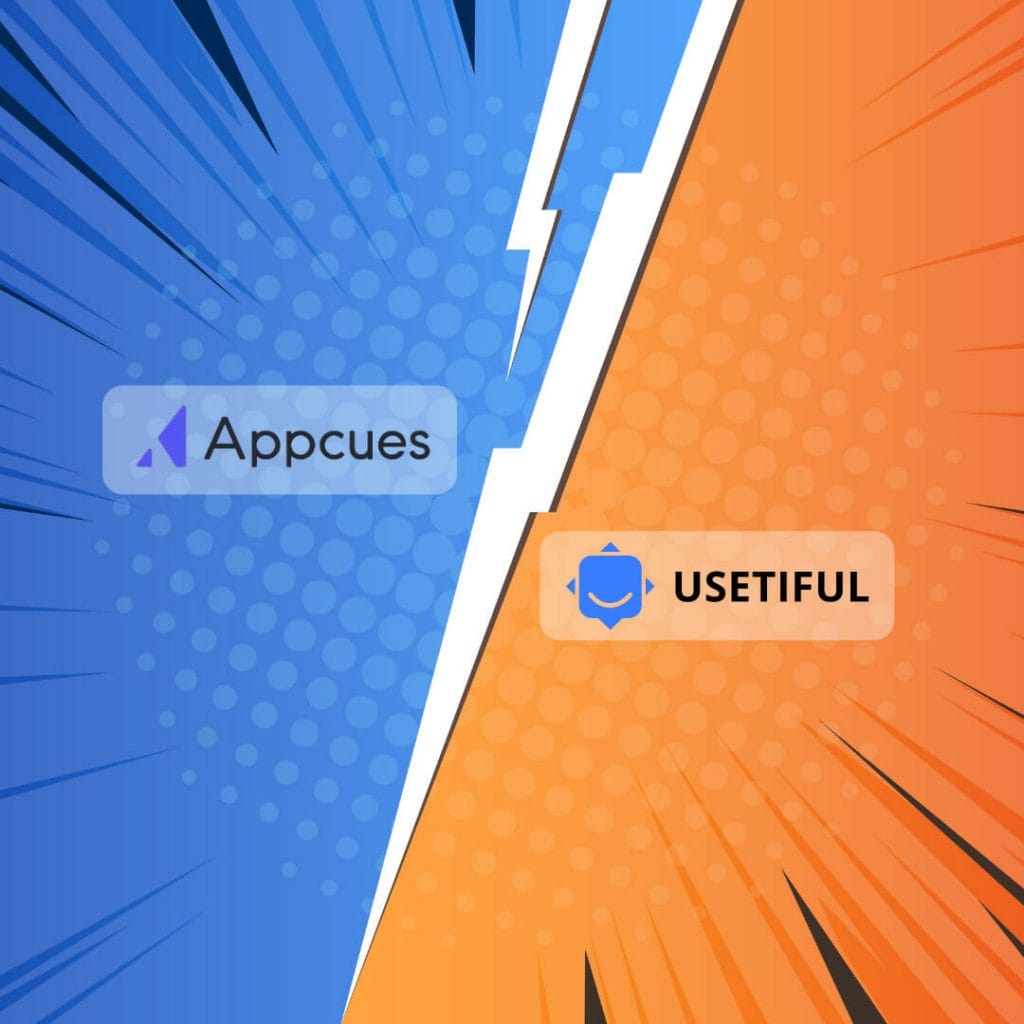In the competitive world of digital marketing and online course platforms, choosing the right software for your business can be a daunting task. Two popular options, Kartra and Kajabi, have emerged as leading platforms in this space, each catering to different business needs and catering to different audiences. In this article, we will delve into an in-depth comparison of Kartra and Kajabi, aiming to help you make an informed decision on which platform suits your specific requirements best.
Kartra, primarily a marketing platform, strives to serve as an all-in-one solution for businesses. With its extensive range of features, including funnel building and conversion-boosting tools, Kartra is designed to cater to a broader range of marketing needs source. On the other hand, Kajabi is known for its focus on online course creation, offering a streamlined experience for educators and content creators looking to build and market their digital products source.
As we dive deeper into the comparison, we will examine the key differences in features, pricing, ease of use, and target audience for both platforms. Armed with this information, you will be able to determine which solution is the right fit for your online business, helping ensure the success of your digital marketing and course creation endeavors.
About Kartra

Kartra is a comprehensive all-in-one marketing platform designed to help business owners streamline their online presence and automate various tasks. This powerful tool offers a range of features geared towards helping you grow and manage your online business efficiently.
One of Kartra’s key features is its automation capabilities. The platform allows you to create and customize workflows with ease, ensuring your marketing campaigns and sales funnels run smoothly without constant manual intervention. Additionally, Kartra’s helpdesk system provides an integrated solution for managing customer support, enabling you to keep your clients happy and attended to.
In terms of products and services, Kartra supports the selling of both digital and physical products. Moreover, it empowers creators to offer online courses through its robust course builder. This user-friendly tool lets you design comprehensive lesson plans, complete with quizzes and assessments to keep your students engaged.
When it comes to email marketing, Kartra offers a versatile platform for creating and managing email campaigns. With a suite of professionally designed templates and user-friendly email builder, you can easily craft and customize emails, track audience engagement, and monitor overall campaign performance.
Furthermore, Kartra provides a website builder that enables you to create and customize your site with a range of design templates and tools. This feature ensures your online presence reflects your brand’s image effectively. It also offers an integrated solution for video hosting and analytics, allowing you to keep track of video engagement and performance.
As for pricing, Kartra provides flexible plans suitable for businesses of any size, along with a 14-day trial period for a nominal fee. This ensures you get to test the platform’s features and tools before committing to a subscription.
Ultimately, Kartra is an all-encompassing platform that combines various aspects of online business management, such as sales funnels, affiliate management, and membership site capabilities. While it may not be a dedicated blogging or website builder platform, it certainly offers a wide array of features and tools designed to help business owners streamline their online operations and maximize their digital presence.
About Kajabi

Kajabi is a popular platform designed for course creators and digital entrepreneurs who want to sell online courses, memberships, and digital products. The platform offers a wide range of tools and features to help users create, market, and sell their products seamlessly. As an all-in-one marketing platform, Kajabi allows users to build their website, create online courses, set up automated email marketing campaigns, create landing pages, and more.
One of the key features of Kajabi is its intuitive course builder, which allows users to easily create and design their online courses. In addition, Kajabi provides a variety of templates for different types of content, including video, quizzes, and assessments. The platform also supports a wide range of integrations, making it easy for users to connect with their preferred tools and services.
Kajabi’s marketing features are comprehensive, offering tools such as email marketing, sales funnels, and automation features to help users reach their target audience effectively. Users can leverage customizable email templates and powerful automation features to streamline their marketing campaigns.
In terms of analytics, Kajabi offers in-depth tracking and reporting tools, enabling users to monitor the performance of their courses, funnels, and marketing campaigns. These insights help users optimize their strategies for better results. Additionally, Kajabi also accommodates affiliate management with a built-in affiliate program, allowing creators to incentivize and manage affiliates to promote their products.
When it comes to pricing, Kajabi offers a free trial for users to test its features before committing to a paid plan. The platform provides multiple pricing tiers, with each level offering a different set of features and capabilities.
Kajabi’s customer support is known for its responsiveness, offering chat support, email support, and a comprehensive knowledge base. Users can easily reach out to the helpdesk for assistance with any issues they may encounter while using the platform. As a result, Kajabi is an attractive option for course creators and digital entrepreneurs who seek a robust, easy-to-use platform to build, market, and sell their products.
Round 1: Best UX

In the battle of Kartra vs Kajabi, user experience (UX) plays a crucial role in determining which platform is better suited for your online business. Let’s dive into their UX to see how they fare against each other.
Kartra, as an all-in-one marketing platform, offers a clean and intuitive interface. Its drag-and-drop editor makes it easy for users to build and customize their web pages. Additionally, Kartra provides a wide range of pre-designed templates, allowing beginners to create professional-looking pages without extensive design skills. Its centralized dashboard also makes it easy for users to access and manage various marketing tools such as email campaigns and sales funnels.
Key Features of Kartra UX:
- Intuitive drag-and-drop editor
- Wide range of pre-designed templates
- Centralized dashboard for easy access and management
On the other hand, Kajabi is primarily an online course platform, which has expanded its features to include website building and content marketing. Kajabi offers a sleek UX design with a focus on user-friendliness. Its drag-and-drop website builder enables users to create custom pages and manage their course content without needing extensive technical knowledge. Kajabi’s visual editor also includes various pre-built components, making it easy to design a cohesive and appealing website.
Key Features of Kajabi UX:
- User-friendly drag-and-drop website builder
- Pre-built components for ease of design
- Customizable course content management
When comparing the UX of Kartra and Kajabi, both platforms excel in providing an intuitive and user-friendly experience. Kartra’s strength lies in its comprehensive marketing tools, while Kajabi focuses primarily on course creation and management. In a head-to-head comparison, the choice depends on your business priorities and specific needs.
Round 2: Features Comparison

When it comes to comparing Kartra and Kajabi, understanding their features is essential for making an informed decision. Let’s delve into some of the key functionalities these platforms offer.
Ease of use: Both Kartra and Kajabi boast user-friendly interfaces, making it simple for users to navigate and manage their online businesses. Kartra’s dashboard gives you a clear overview of your entire project, while Kajabi’s clean design ensures a smooth experience for course creators.
Page builder: Kartra’s page builder is packed with templates and customization options, making it easy to create stunning and high-converting landing pages. On the other hand, Kajabi also offers a powerful page builder with an extensive template library. However, Kartra has the edge when it comes to advanced design capabilities and customization.
Sales funnel: Kartra excels in offering an all-in-one marketing solution, complete with sales funnel capabilities and marketing automation. Kajabi, though primarily focused on digital courses, also provides sales funnel functionality but may not offer the same level of sophistication as Kartra.
Email marketing: Both platforms have robust email marketing tools. Kartra provides advanced features, such as behavioral analysis and adaptive marketing, designed to help you sell better. Kajabi, meanwhile, offers more straightforward email marketing tools that cater specifically to course creators.
Course creation and delivery: Kajabi is known for its excellence in providing a platform specifically designed for course creators. It offers robust course creation and delivery tools, including assessments, certificates, and content dripping. Kartra, on the other hand, delivers in this area but may not match Kajabi’s level of specialization for course creation.
Pricing: When considering the cost, Kartra’s pricing starts at a more budget-friendly $99/month compared to Kajabi’s $149/month. However, each platform offers different pricing tiers and plans, so it is crucial to assess your priorities and specific needs when evaluating the cost.
In this round, we have compared the main features of Kartra and Kajabi. While both platforms are strong contenders in the online business space, the choice ultimately comes down to your particular needs and how well each platform aligns with your goals.
Round 3: Price

When it comes to pricing, both Kartra and Kajabi offer multiple plans with various features, making it crucial to understand their pricing structure. Let’s dive into a comparison of their price points to find the best option for your budget.
Kartra’s pricing starts with the Starter Plan, which costs $99 per month and includes 2,500 contacts, 15,000 emails per month, and 50 GB of bandwidth. Moving up the tiers, the Silver Plan is offered at $199 per month, providing you 12,500 contacts, 125,000 emails per month, and 125 GB of bandwidth. Additional plans include the Gold and Platinum tiers with increasing features and resources to cater to larger businesses and higher workloads 1.
On the other hand, Kajabi offers the Basic Plan, which costs $149 per month and covers 1,000 active members, 10,000 contacts, one admin user, and unlimited hosting of your courses and content. The Growth Plan, at $199 per month, increases the limits to 10,000 active members, 25,000 contacts, and 5 admin users. Further up, the Pro Plan caters to advanced business needs, priced at $399 per month with 20,000 active members and 100,000 contacts. Kajabi also offers annual plans, allowing you to save up to 20% on the overall cost 2.
It’s essential to note that while Kartra’s main focus is on marketing features and funnels, Kajabi specializes in providing a platform for course creators and content hosting. Both platforms have their own unique strengths, so choose the one that aligns with your specific requirements and budget.
Battle Decision: Kajabi Winner

After a thorough analysis of both platforms, Kajabi comes out on top for several reasons. Firstly, Kajabi stands out as the winner when it comes to creating high-converting sales pipelines. Its visual editor ensures an intuitive process for users, whereas Kartra lacks this functionality, making building sales funnels more complicated ^source^.
Another aspect that sets Kajabi apart is its focus on online courses and digital membership areas. While Kartra is an all-in-one marketing platform with more features, Kajabi shines specifically for course creators, offering better tools and resources for this purpose ^source^.
Moreover, Kajabi has also received higher ratings from users on Trustpilot, boasting a 4.6/5 rating compared to Kartra’s 2.8/5 ^source^. This reflects the overall satisfaction and trust from users, further solidifying Kajabi’s reputation as a reliable platform.
Although Kartra might have some edge in terms of advanced features and flexibility ^source^, Kajabi’s strengths in online courses and sales pipeline creation give it the winning title in this comparison.
In summary, Kajabi wins this battle due to its user-friendly interface, dedicated tools for course creators, and higher user satisfaction. It’s important to note, however, that both platforms have their merits and are powerful tools in their respective areas. Your needs and goals will ultimately dictate which platform is the best choice for you.



